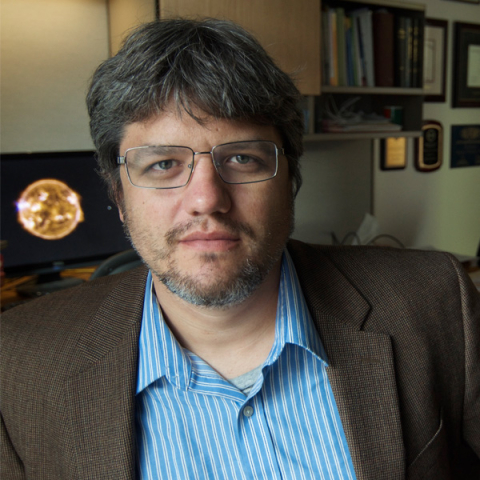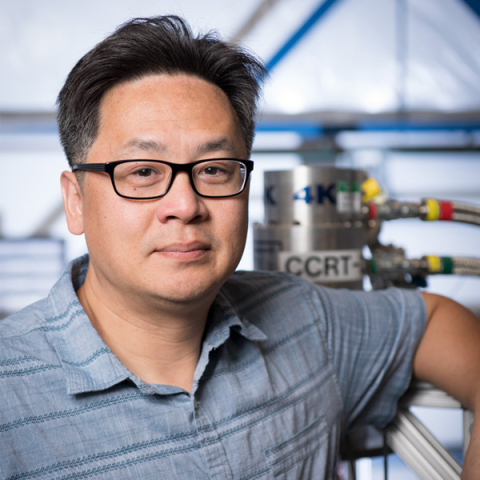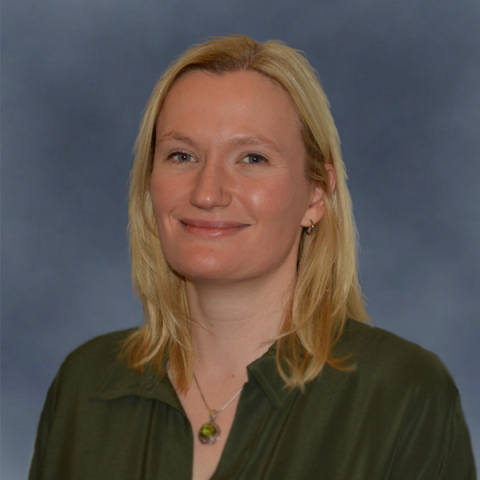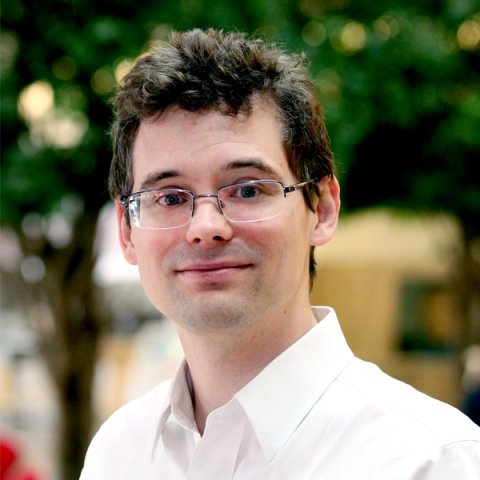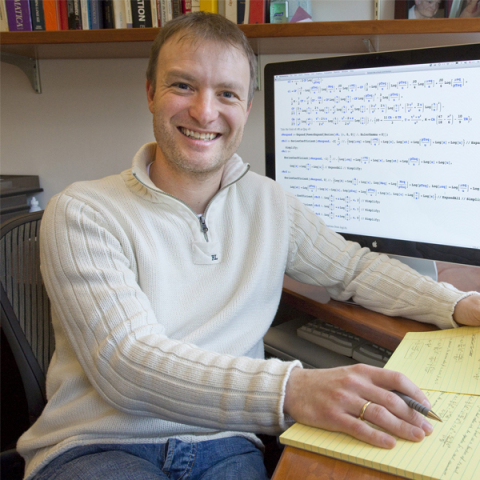The DOE Office of Science Early Career Research Program provides an annual funding opportunity for researchers in universities and DOE national laboratories. Established in 2010, this program supports the individual research programs of outstanding scientists early in their careers and stimulates research careers in the disciplines supported by the DOE Office of Science: Advanced Scientific Computing Research (ASCR), Biological and Environmental Research (BER), Basic Energy Sciences (BES), Fusion Energy Sciences (FES), High Energy Physics (HEP), Isotope R&D and Production (IP), and Nuclear Physics (NP). You can find more information on the Early Career Research Program page.
